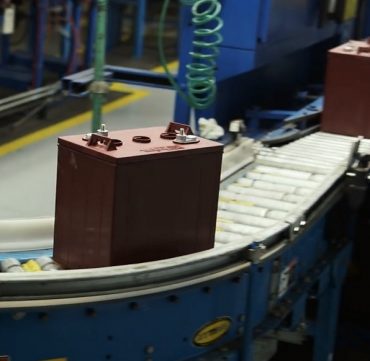
Stay Current on Key Industry Thoughts Related to Congressional Priorities
Battery Council International has released the first in its multi-part, on-demand briefings to help policy makers stay in-the know on key topics regarding how to meet U.S. energy storage needs with domestic resources. Each free, 15–20 minute, pre-recorded session allows listeners to tune-in when convenient.
The briefings share front-line insights from top battery industry and supply chain experts on the current issues and opportunities facing energy storage and manufacturing today: supply chains, infrastructure, battery innovation, and the need for new energy sources.
On-Demand Briefing #1: What You’ll Learn
Today’s global battery market is about $90 billion in value. By 2030, the battery market will grow to about $150 billion annually, and the energy storage required for a low-carbon future will nearly triple. We will discuss how the U.S. can meet its energy storage needs domestically and examine how the U.S. can reclaim its position as a global leader in mineral extraction and processing.
View this on-demand Q&A on the need to secure domestic access to critical materials to:
- Ensure a low-carbon future
- Feed supply chains
- Reduce foreign supply chain vulnerabilities for minerals, such as lithium
Participants

Dr. John Uhrie
Vice President, Exploration, Research and Technical Development
The Doe Run Company, St. Louis, MO, a natural resources company

Roger Miksad
Executive Vice President
Battery Council International, Washington, D.C., the North American trade association representing battery manufacturing, supply, recycling and distribution companies







